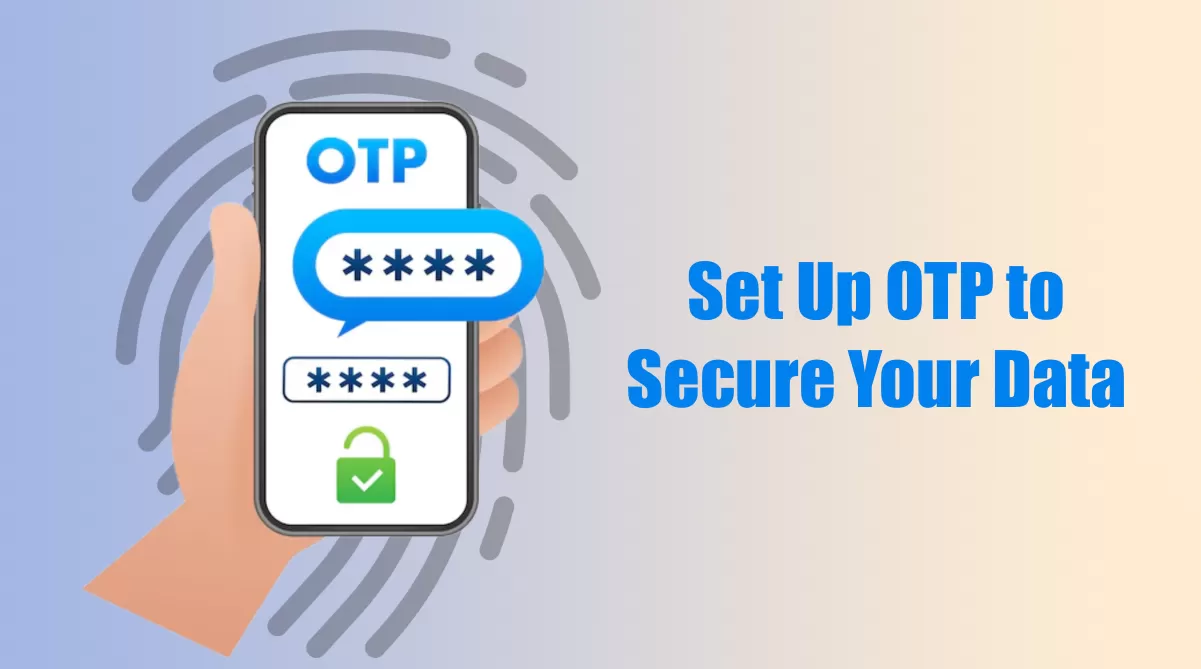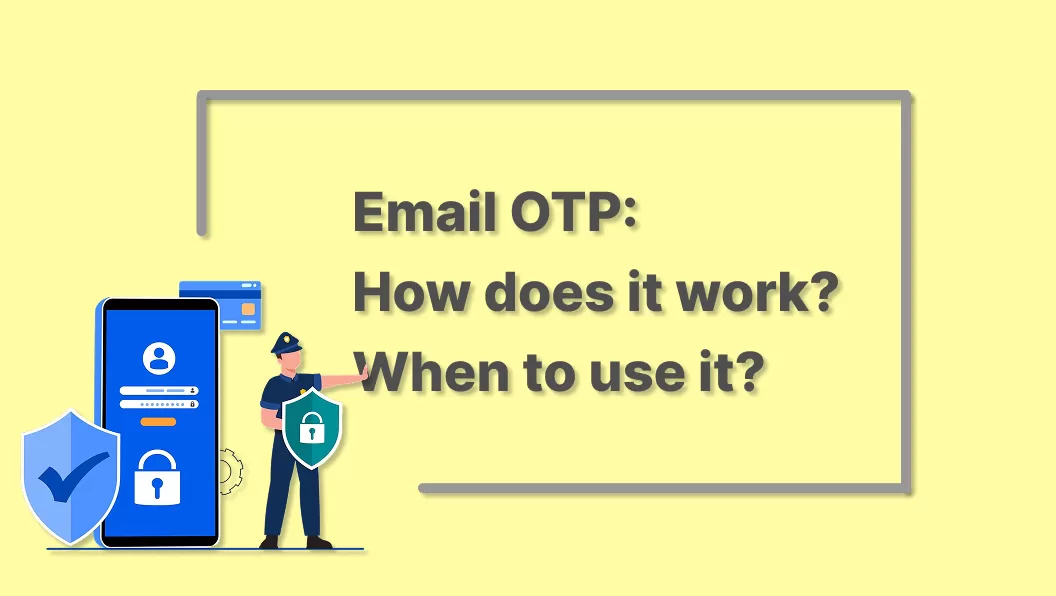As the gaming industry becomes increasingly global, choosing the right channel for OTP verification is critical for both user experience and security. While SMS has long been the standard, WhatsApp is rapidly gaining popularity—especially in regions where SMS reliability is inconsistent or user preferences are shifting. So, which channel is best for gaming verification? Let’s break it down.
1. Delivery Speed & Reliability
-
SMS:
SMS is generally fast and widely supported, but can sometimes experience delays, failed deliveries, or carrier filtering—especially during peak hours or in countries with strict telecom regulations. -
WhatsApp:
WhatsApp leverages internet connectivity, often bypassing carrier bottlenecks. In areas with good network coverage, WhatsApp OTPs can be delivered quickly and reliably, making it a strong alternative where SMS performance is inconsistent.
2. User Experience
-
SMS:
Some devices and operating systems now support auto-reading and autofill of OTP codes, allowing users to complete verification without switching apps, which is convenient. However, on certain devices or in specific scenarios, users may still need to manually enter the OTP, which can interrupt the gaming flow. -
WhatsApp:
With solutions like EngageLab’s Zero-Tap verification, users can receive OTPs directly in WhatsApp and verify with a single tap—no app switching or manual entry required, creating a smoother experience.
3. Global Reach & Cost
-
SMS:
SMS is nearly universal and accessible to almost all mobile users. However, international delivery costs and reliability can vary significantly across different markets. For platforms with a large, global user base, the total cost may depend on the specific countries, operators, and message volume involved. -
WhatsApp:
WhatsApp has over 2 billion users worldwide and is especially popular in gaming hotspots like Southeast Asia, India, and Latin America. However, WhatsApp might not be available in some countries and regions. On the other hand, for high-volume, cross-border verification, WhatsApp may offer cost advantages in certain regions, but the actual cost-effectiveness depends on your user demographics and local pricing policies.
4. Security & Compliance
-
SMS:
SMS may be vulnerable to SIM swap attacks, interception, and spoofing. Navigating local data regulations can also be complex. -
WhatsApp:
WhatsApp offers end-to-end encryption and device-level verification, which can help reduce interception and fraud risks. EngageLab ensures compliance with GDPR and local privacy laws across all supported channels.
5. Engagement Potential
-
SMS:
Primarily a one-way communication channel, SMS is effective for simple notifications but limited for ongoing engagement. -
WhatsApp:
WhatsApp supports rich, interactive messaging, enabling gaming platforms to deliver onboarding tips, event notifications, and personalized offers—all within the same channel.
Conclusion
Both SMS and WhatsApp have unique strengths for gaming OTP verification. The best choice depends on your users’ locations, preferences, and your business needs. Many leading gaming platforms are adopting a multi-channel approach to maximize delivery, security, and user experience—ensuring every player receives fast, secure, and seamless verification, wherever they are.
Want to upgrade your gaming verification experience?










